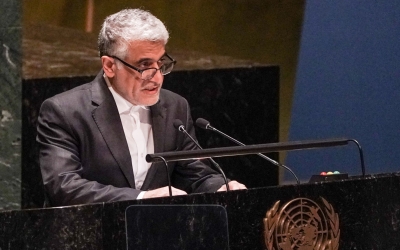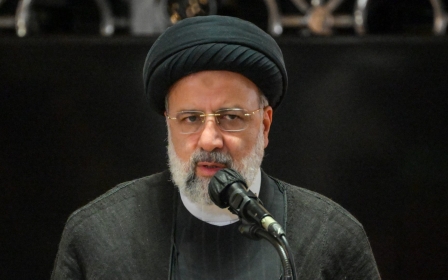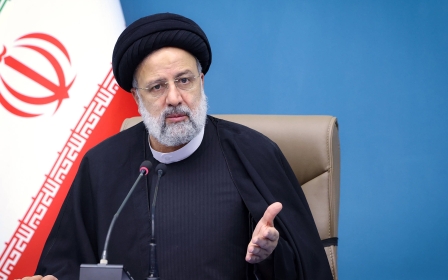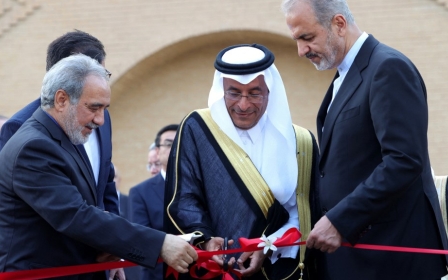Interim Iran nuclear talks set back by disagreements over US prisoners
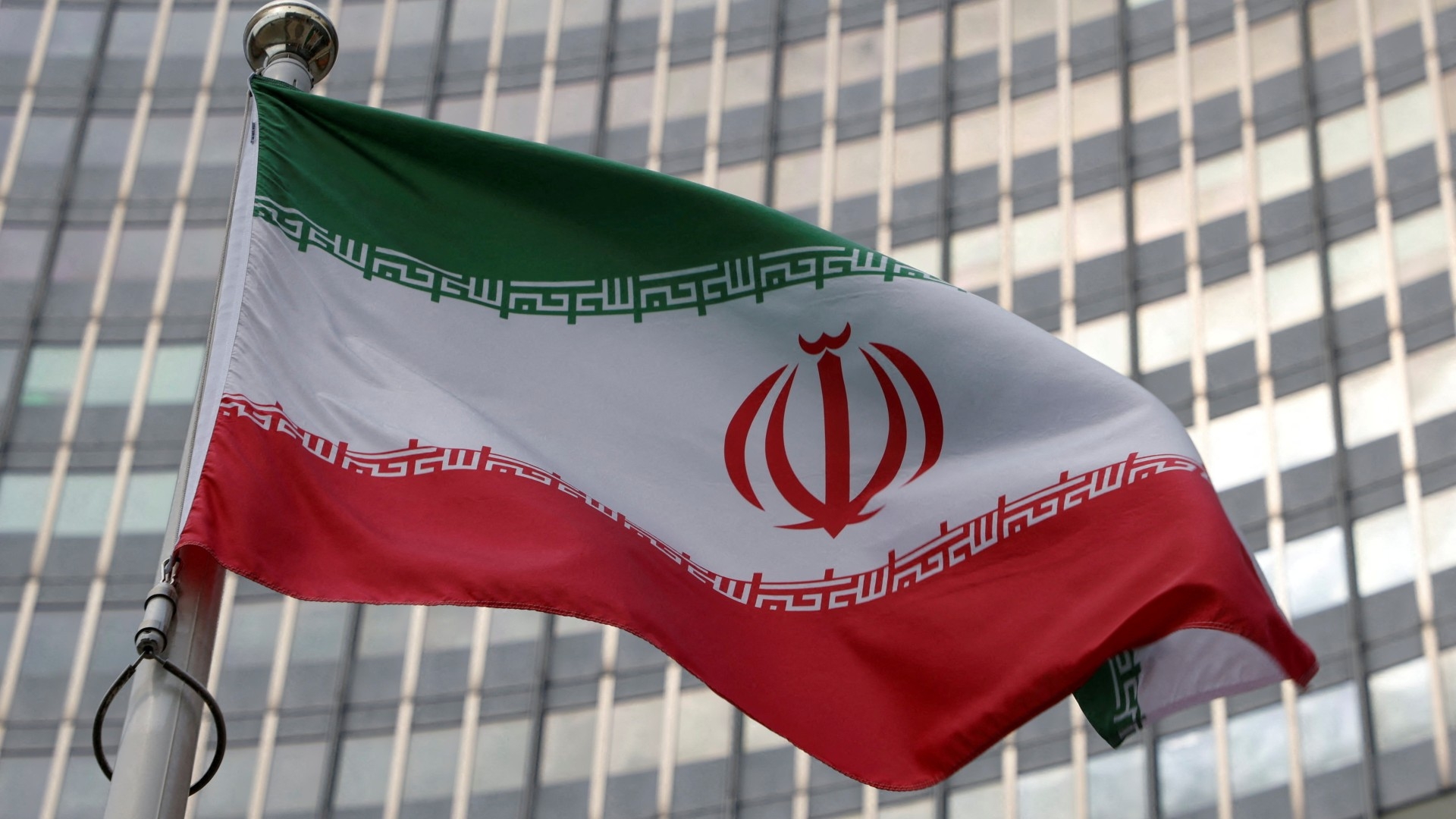
Efforts to reach an interim nuclear deal between Iran and the United States have faced a setback, with factions in the Iranian ruling establishment disagreeing over US demands on prisoner releases, Iranian sources close to the talks told Middle East Eye.
Earlier this month, Tehran and Washington appeared to be making good progress in negotiations over a temporary agreement that would see some limited sanctions relief in return for curbing nuclear enrichment.
The two sides had reached an impasse in talks to revive the JCPOA 2015 nuclear agreement. But direct talks between the US envoy to Iran, Robert Malley, and the Iranian ambassador to the UN, Amir Saeed Iravani, in New York over a less formal interim deal were promising.
As first revealed by Middle East Eye, the two sides agreed Iran would not enrich uranium to 60 percent and would cooperate with the International Atomic Energy Agency (IAEA) for the monitoring and verification of its nuclear programme.
In exchange, Tehran would be allowed to export up to a million barrels of oil per day and gain access to its income and other frozen funds abroad. Those funds would have to be exclusively used to purchase a range of essential items, including food and medication.
New MEE newsletter: Jerusalem Dispatch
Sign up to get the latest insights and analysis on Israel-Palestine, alongside Turkey Unpacked and other MEE newsletters
Three Iranian sources close to the talks said further progress had been made in recent weeks over a few key issues, including promises by Iran that US forces stationed in Syria and Iraq would not be attacked by Iranian allies like Iraqi paramilitary groups.
Prisoner issue roadblock
One source familiar with the talks said Washington made a notable concession by agreeing to overlook the daily sale of a million barrels of oil, on top of the oil Iran is already selling clandestinely.
Signalling the growing confidence an arrangement could be made, Supreme Leader Ali Khamenei earlier this month made positive public remarks about the possibility of a deal and collaborating with the IAEA.
However, according to a source within the Iranian political establishment, the US has insisted that further progress with the talks cannot be made unless an agreement is reached over the issue of US-Iranian dual national prisoners. This, the source said, had introduced a new layer of complexity and become a point of contention.
The US has publicly said it is working for the release of Siamak Namazi, Emad Shargi and Morad Tahbaz, three Iranian-Americans imprisoned on espionage charges that Washington says are baseless.
In March, the US strongly rebuked Iranian media reports saying a prisoner exchange deal had been agreed, describing the information as false and “cruel”.
According to the second source and another person in the conservative camp, US officials unexpectedly sought to add a fourth name to the list of people they want freed as part of the interim nuclear deal.
The second source said President Ebrahim Raisi is prepared to release the fourth prisoner as part of the deal.
However, there are dissenting voices within certain influential institutions, primarily the Republican Guard, who are insisting that the fourth prisoner’s fate should be discussed as a separate matter.
The sources did not disclose the prisoner’s name to MEE.
On Monday, Iranian foreign ministry spokesman Nasser Kanaani said the issue of the exchange of prisoners “is still on our agenda and is being pursued through the parties who are seeking to play a role in this field in good faith.
"Of course, we have to see if the US government is ready to make a final decision in this field or not.”
The State Department declined MEE's request to comment.
In a press briefing later on Wednesday, Vedant Patel, a State Department spokesperson, said: "I will note that rumours about a nuclear deal, interim or otherwise, are false and misleading."
Addressing the issue of talks over prisoners, he added: "We also, on detainees, continue to work to bring home the American citizens that are wrongfully detained in Iran. I, unfortunately, don’t have an update for you, but it’s something that we will continue to work for tirelessly.
"Iran’s wrongful detention of US citizens, including for the use of political leverage, is absolutely outrageous, and we’ll continue to be committed to securing the freedom of all US citizens."
Iran and the United States reached the JCPOA nuclear deal in 2015 alongside other world powers, an agreement that was designed to restrict Iran’s ability to develop a nuclear weapon in return for sanctions relief.
Tehran always insisted it never had intentions to weaponise its nuclear programme, which it said was for civilian energy purposes only.
In 2018, US President Donald Trump unilaterally took the US out of the agreement, effectively killing it. Since the Biden administration replaced him in 2021, Washington and Tehran have conducted several unsuccessful rounds of negotiations to revive the deal, before turning to the current interim option now discussed.
Middle East Eye delivers independent and unrivalled coverage and analysis of the Middle East, North Africa and beyond. To learn more about republishing this content and the associated fees, please fill out this form. More about MEE can be found here.


